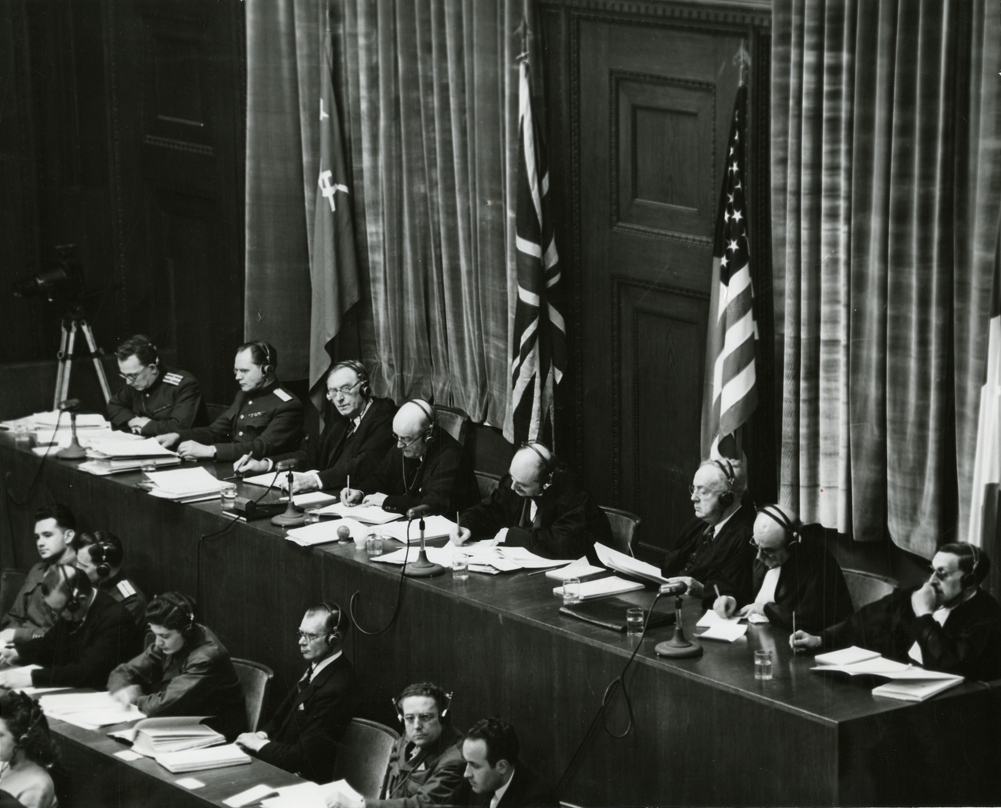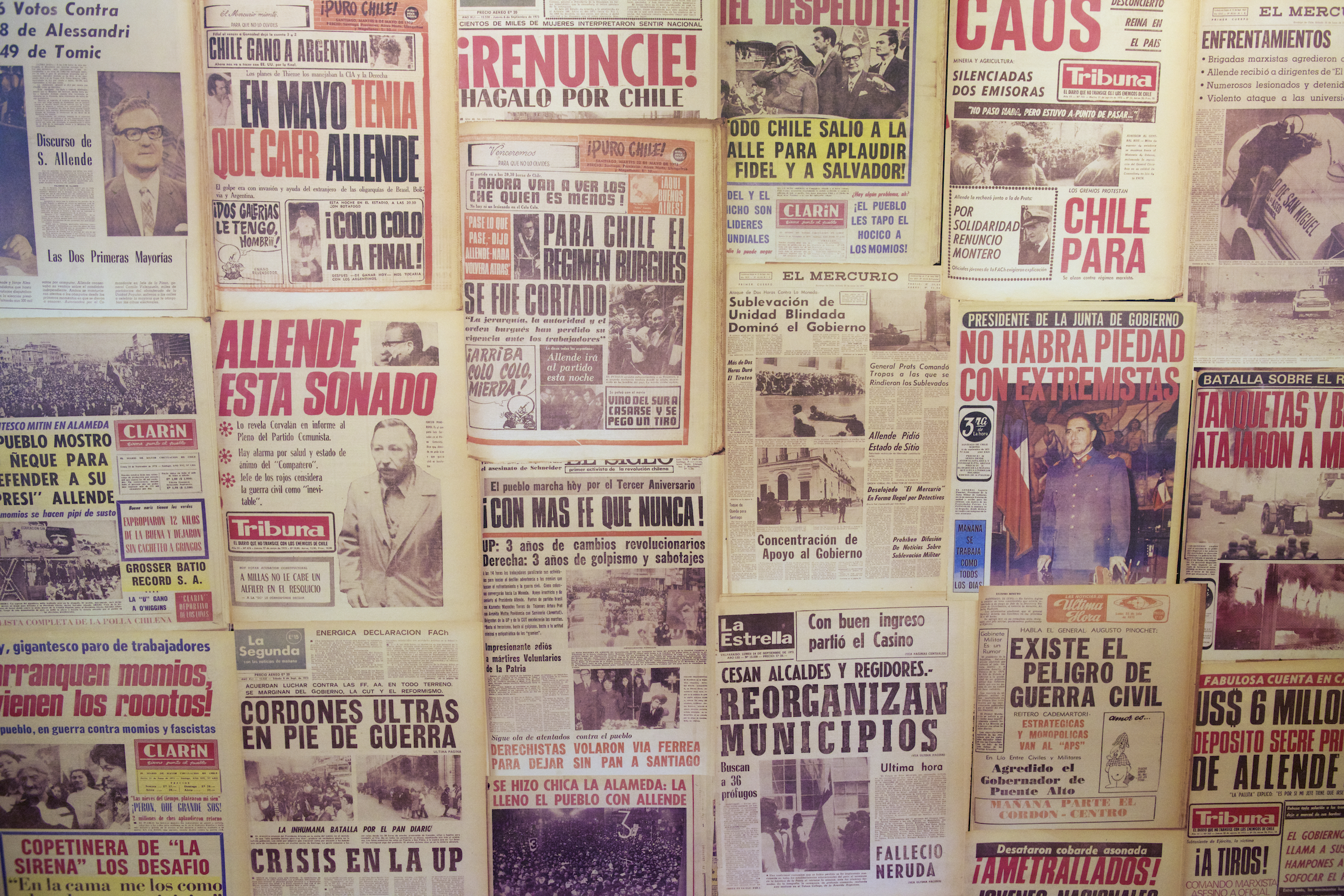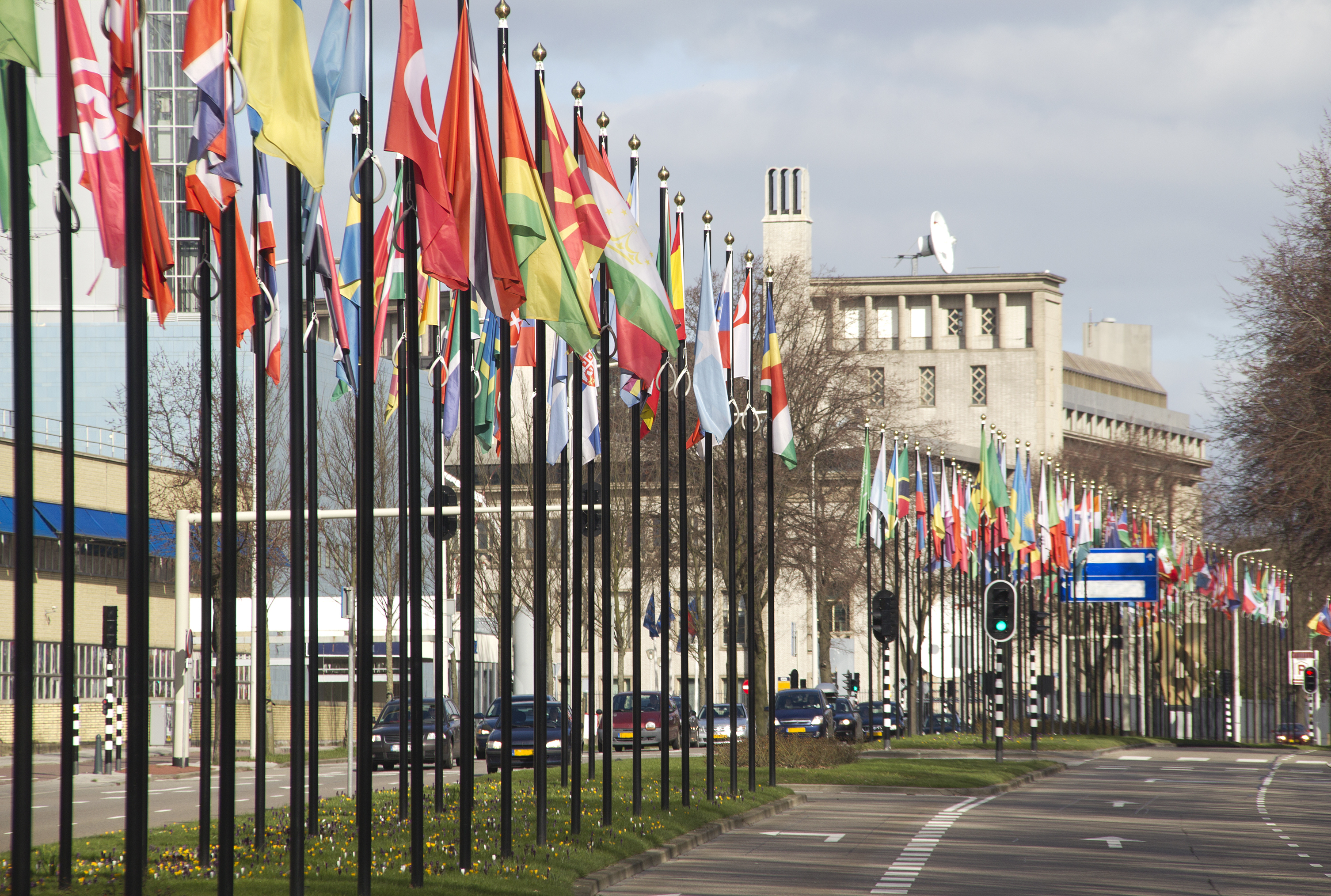What the Nuremberg moment did was determine, for the first time in human history, that the rights of a state, of a sovereign, of a king, of an emperor, of a president, of a Führer were not unlimited in respect of the power it exercised over its people – that individuals and groups had rights. These rights were encapsulated in two new inventions from the summer of 1945. One was the concept of crimes against humanity – the protection of individuals – which was coined by a professor of international law at Cambridge University called Hersch Lauterpacht. The other was the crime of genocide, invented by another Polish lawyer, Raphael Lemkin. This was not about individuals, but about the protection of groups. In this Nuremberg moment, in 1945, the idea that we all have rights as individuals and as members of a group, or groups, came of age, and it has prospered ever since.
The Nuremberg moment and the birth of international law
Professor of Law
- The Nuremberg moment happened in 1945: a group of countries came together to create the first-ever international criminal tribunal with jurisdiction over crimes against humanity and war crimes.
- What followed Nuremberg was the creation of new international treaties preventing genocide, and the coining of the idea of human rights – that each of us has individual rights and collective rights.
- We are in the very early stages of a change that will take many decades, if not centuries, to bear full fruition.
The birth of international law
The Nuremberg moment happened in 1945: a group of countries came together to create the first-ever international criminal tribunal with jurisdiction over crimes against humanity and war crimes. It was the famous Nuremberg tribunal, and it sat for about a year in the German city of Nuremberg, trying a number of senior Nazis for crimes committed during their rule.
Two new concepts

View of the judges’ panel during testimony at the Nuremberg Trials, Nuremberg, Germany.
The coming of age of human rights
What followed Nuremberg was the creation of new international treaties preventing genocide, and the coining of the idea of human rights – that each of us has basic rights under international law – and that was accompanied by new international organisations and, for the first time, international courts and tribunals: the International Court of Justice, the European Court of Human Rights, the Court of Justice of the European Union and various other bodies which were intended to ensure the rights of individuals and groups were fully protected.
It took time, and it wasn’t until the 1990s, in the context of the terrible events in Yugoslavia and Rwanda, that two new international criminal tribunals were created. Then, in 1998, an international criminal court was established; for the first time, a permanent body which had jurisdiction not only over war crimes and the crime of aggression, but also crimes against humanity and genocide. This represents the coming of age of the idea of human rights, of international criminal law and of the role of international courts and tribunals in our daily lives.
Yugoslavia and Rwanda
The terrible events in Yugoslavia and Rwanda happened in 1993 and 1994, and ran for several years. The international community failed to prevent the atrocities, and I believe that, motivated by pangs of guilt and conscience, they decided that having not prevented these things from happening, they would at least punish the perpetrators. In the context of the Security Council, a body created under the auspices of the United Nations charter, it was decided to create two new international criminal tribunals: one for Yugoslavia and one for Rwanda. These were the first international tribunals created since Nuremberg and its parallel Tokyo tribunal, and these tribunals had jurisdiction over the most heinous of international crimes – war crimes, genocide and crimes against humanity. They operated for about 20 years, trying the perpetrators who were still alive and who had been caught.
Convicting the perpetrators
The Yugoslav and Rwandan tribunals indicted, prosecuted and convicted a great number of individuals. Did they succeed? The jury, I believe, is still out. What they allowed was a story to be told in both parts of the world about what had happened. Will they prevent further atrocities in those areas or in other parts of the world? We will have to wait and see. Did they punish all the perpetrators? No, they did not. Did they set a standard? Yes, they did, and from this standard, there will be further developments going forward over time. But Yugoslavia and Rwanda were crucial moments. After 50 years of quiescence, Nuremberg took off again, and all roads in international criminal justice today lead back to that Nuremberg moment of 1945.
The International Criminal Court
After the Nuremberg Judgment, which was handed down in 1946, the governments of the world decided that what they really wanted was a permanent international criminal court. That, however, didn’t happen for 50 years. Finally, in the summer of 1998 – I was there for the negotiations – States agreed to sign the statute of the International Criminal Court, which would have jurisdiction over war crimes, crimes against humanity and genocide and the crime of aggression. That international court began to operate three or four years later, and it’s been operating for about twenty years now.
It is not a perfect court. For example, if you go onto the website of the International Criminal Court, you will see that every single person who has been indicted is Black and from Africa – and Black people and African people do not have a monopoly on international crime. So, it reflects a sort of lopsided justice. A lot of people are aware of this problem, and it’s one that needs to be addressed urgently.
Acting at a national level: the Pinochet case
The Nuremberg moment had another consequence because it ratified the idea of the most terrible international crimes: war crimes, crimes against humanity and genocide. What followed was the development of international criminal law at the national level. The national criminal courts and other courts will also exercise jurisdiction on the principle of universal jurisdiction. That’s to say, certain crimes are so terrible that any court anywhere in the world has the power to exercise jurisdiction over them.

Photo by Dmitry Chulov.
In the autumn of 1998, just a few months after the statute of the International Criminal Court was opened for signature, Senator Pinochet, former President of Chile, who took power by a coup d’état in 1973, found himself in London for medical treatment. He was arrested, and charged by a Spanish prosecutor with crimes against humanity and genocide. In the English courts, proceedings followed which determined whether or not he, as a former head of state, was entitled to immunity from the jurisdiction of the English courts and the House of Lords. Then, the highest court in the United Kingdom ruled. Finally, in March 1999, Pinochet was not entitled to immunity from the jurisdiction of the English courts because the crimes that he was alleged to have committed were international crimes of the highest order. And for those crimes, again, we go back to the Nuremberg moment and to the statute of the International Criminal Court. There is no entitlement to immunity, not even for a former head of state.
A revolutionary moment
The Pinochet moment, which followed about 50 years after the Nuremberg moment, was revolutionary. This was the first time ever that a national court had exercised jurisdiction over a former head of state for international crimes. This, of course, opened the door. New cases were brought and proceedings have subsequently been entertained in different places. For example, the leader Hissène Habré was indicted, charged and convicted. We now have established the principle that there is no impunity for international crimes. Wherever they are committed, you are liable to the possible prosecution not only in international courts but also if you travel in national courts.
That is one of the reasons, for example, I am told former President George W. Bush doesn’t travel abroad, because he authorised an act known as waterboarding, which I consider to be torture. Other people like Donald Rumsfeld do not apparently travel abroad because of, in part, a fear that they might be questioned or prosecuted.
In the early stages of change
Until 1945, heads of state and leaders were free to treat their citizens as they wished. The idea that they were subject to limits was entirely new and revolutionary, in 1945. You cannot expect a set of principles that have applied for millennia to suddenly be changed and take effect. So, we are in the very early stages of a change that will take many decades, if not centuries, to bear full fruition. There is resistance against the idea of international criminal justice in some quarters, and that is why some perpetrators of the most serious international crimes – for example, President Assad of Syria – have not been subjected to criminal investigation or prosecution. Some governments have blocked efforts to create a new international tribunal to refer his case to the International Criminal Court. So, it’s a long game and we’re still in the early days in constructing this international justice project.
Judicial independence

Photo by jan kranendonk.
About two thirds of the world’s countries have joined the statute of the International Criminal Court. There are some important countries that are not parties to it. The United States, Russia and China have not joined it. Britain and France, two of the other five permanent members, have joined it. The court is an independent body. The judges are appointed by the countries that are parties to the statute of the International Criminal Court, and the judges are independent.
Recently, for example, three judges of the International Criminal Court authorised the prosecutor of the International Criminal Court to investigate crimes that may have been committed by Israel and Palestine. This has been a controversial case, and some people have suggested that the decision that is taken by these three judges is in some way tainted by anti-Semitism or other nefarious feelings. I have to say, I don’t share that view. I’ve read the decision very carefully. Reasonable individuals can agree or disagree on the merits of the judgement, but this is the expression of an independent decision-making process by three senior international lawyers who reflect different strands around the international community. That is international justice – it doesn’t always operate as everyone would wish it to – and that is the mark of judicial independence.
Discover more about
the Nuremberg moment and the birth of international law
Sands, P. (2016). Lawless World: Making and Breaking Global Rules. Penguin.
Sands, P. (2017). East West Street. W&N.
Sands, P. (2020). The Ratline: Love, Lies and Justice on the Trail of a Nazi Fugitive. W&N.